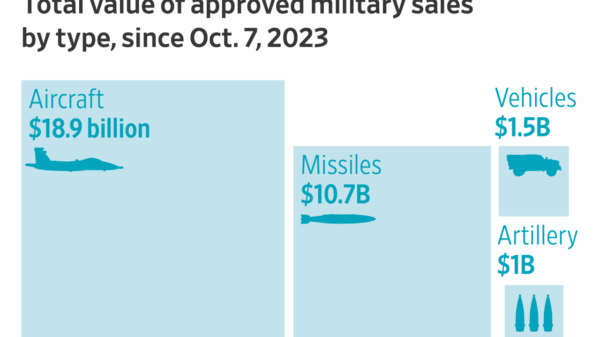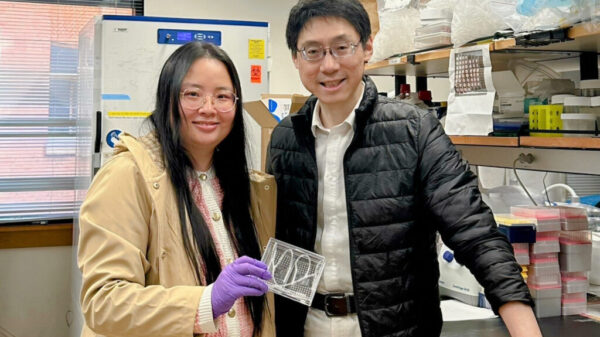The ongoing battle against infectious viruses like COVID-19 has highlighted the need for proactive measures to prevent their spread. Public health experts stress that individuals and communities can take significant steps toward reducing the impact of such diseases. The urgency of this message resonates as the global community continues to grapple with the ramifications of the pandemic.
Understanding the Impact of Preventive Measures
According to the Infectious Diseases Society of America, simple actions can have a profound effect on limiting the spread of viruses. These include practices such as regular handwashing, wearing masks in crowded settings, and getting vaccinated. The effectiveness of vaccines, particularly against viruses like COVID-19, has been documented extensively. For instance, studies show that mRNA vaccines reduced hospitalizations by up to 90% in high-risk populations.
Proactive measures are not only crucial during outbreaks but can also serve as long-term strategies. The World Health Organization (WHO) emphasizes that preparedness and response plans should be part of everyday health practices. This approach is vital, especially considering that viruses such as H1N1 and Ebola have posed significant threats in the past.
Community Engagement and Education
Community engagement plays a vital role in reinforcing these preventive strategies. Educational campaigns that inform the public about the importance of vaccination and hygiene can lead to higher compliance rates. For instance, during the early phases of the COVID-19 pandemic in March 2020, countries with robust public health campaigns saw a more significant initial decrease in transmission rates.
Health professionals argue that addressing misinformation is equally important. Misinformation about vaccines and treatment options can hinder efforts to control outbreaks. As a result, governments and organizations must collaborate to provide clear, evidence-based information.
In conclusion, while the challenges posed by infectious viruses are substantial, proactive measures can make a considerable difference. Individuals and communities are encouraged to adopt these practices not only for their health but for the well-being of society at large. The lessons learned from the COVID-19 pandemic should guide future public health strategies, ensuring preparedness for whatever may come next.







































































